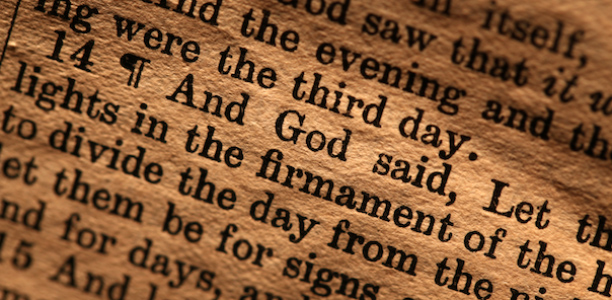By David Faust
 Refuge is a warm, welcoming word. A young child finds refuge in her mother’s arms. A traveler finds refuge during a storm. Millions have found refuge in the U.S., responding to the Statue of Liberty’s inscription, “Give me your tired, your poor, your huddled masses yearning to breathe free.”
Refuge is a warm, welcoming word. A young child finds refuge in her mother’s arms. A traveler finds refuge during a storm. Millions have found refuge in the U.S., responding to the Statue of Liberty’s inscription, “Give me your tired, your poor, your huddled masses yearning to breathe free.”
Joshua 20 tells about safe places God established when the Israelites settled in the promised land.
Cities of Refuge
The law of Moses was straightforward. Poke out a neighbor’s eye and lose an eye of your own. Knock out someone’s tooth and lose a tooth yourself. Kill someone intentionally and pay with your own life. In such cases the nearest relative of the murder victim (called the “avenger of blood”) would see that justice was carried out and the murderer was punished for his crime.
But what if you killed someone by accident? In Numbers 35 and Deuteronomy 19 the law included specific examples. What if you shove another person, not meaning any harm, and the individual falls down and dies from his injuries? What if you’re chopping wood, and the ax head flies off and strikes your companion? In such cases the victim’s family might not believe the death was accidental.
God didn’t want innocent people to be punished for crimes they didn’t commit, so the Lord told Joshua to designate six towns in Canaan as “cities of refuge” (Joshua 20:1-9). If you accidentally killed someone, you could flee to one of those cities where you were guaranteed protection. You could stay there until you received a fair trial before the city’s elders. If you were found innocent, you could live safely in the city of refuge and the avenger of blood wasn’t allowed to harm you.
The Lord knew times would come when his people would be falsely accused, pressured, and pursued. The six cities of refuge dotted the countryside, three on either side of the Jordan River, serving as constant reminders of God’s mercy, justice, and protection. They were evenly spaced about 30 miles apart, so an Israelite was never far from a safe place. Some biblical scholars say the roads were marked with signs that pointed to the cities and said in large letters, “Refuge!”
God Our Refuge
The cities of refuge long ago disappeared in the sands of time, but we still need a safe place to flee when we’re pressured, misunderstood, or falsely accused. Perhaps David had those cities in mind when he wrote, “My salvation and my honor depend on God; he is my mighty rock, my refuge. Trust in him at all times, you people; pour out your hearts to him, for God is our refuge” (Psalm 62:7, 8).
A place of refuge will do you no good if it’s a thousand miles away. Do you see God as a distant figure, uninterested and unavailable? Through his Son he came near.
It’s unsettling to be a patient in a hospital, but when you settle into your hospital bed, the nurse gives you a cord with a button attached. Push the button any time day or night and someone will be there to help you. God is like that. He is our safe place.
When we take refuge in him, he forgives our sins and “there is now no condemnation for those who are in Christ Jesus” (Romans 8:1).
David Faust serves as the Associate Minister at East 91st Street Christian Church in Indianapolis, Indiana.
The Lookout’s Bible Reading Plan for April 12, 2015
Use this guide to read through the Bible in 12 months. Follow David Faust’s comments on the highlighted text in every issue of The Lookout.
Mark 2:18-28
1 Corinthians 6:1-11
Psalm 78:1-39
Joshua 15–17
Mark 3:1-19
1 Corinthians 6:12-20
Psalm 78:40-72
Joshua 18, 19
Mark 3:20-35
1 Corinthians 7:1-16
Psalm 79
Joshua 20, 21
Mark 4:1-20
1 Corinthians 7:17-40
Psalm 80
Joshua 22, 23
Mark 4:21-41
1 Corinthians 8
Psalm 81
Joshua 24
Mark 5:1-20
1 Corinthians 9:1-12
Psalm 82
Judges 1–3



Comments: no replies